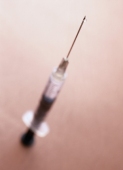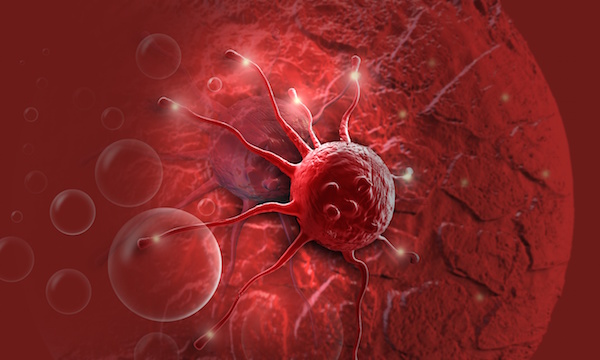
MONDAY, Feb. 10, 2014 (HealthDay News) — Too few American girls and boys are getting vaccinated against the cancer-causing human papillomavirus (HPV), the President’s Cancer Panel reported Monday.
HPV is linked to cervical cancer as well as penis, rectal and oral cancers. One in four adults in the United States is infected with at least one type of HPV. Increasing HPV vaccination rates could prevent a large number of cancer cases and save many lives, the panel said.
“Today, there are two safe, effective, approved vaccines that prevent infection by the two most prevalent cancer-causing types, yet vaccination rates are far too low,” Barbara Rimer, chair of the President’s Cancer Panel, said in a panel news release.
“We are confident that if HPV vaccination for girls and boys is made a public health priority, hundreds of thousands will be protected from these HPV-associated diseases and cancers over their lifetimes,” she added.
Currently, the U.S. Centers for Disease Control and Prevention is recommending that girls aged 11 and 12 receive either the Cervarix or Gardasil vaccines, and Gardasil is recommended for boys of similar age.
In 2012, only a third of girls aged 13 to 17 got all three recommended doses of HPV vaccine, CDC data shows. That’s much lower than the federal government’s goal of having 80 percent of girls aged 13 to 15 fully vaccinated against HPV by 2020, the report said.
The picture is even more disappointing for boys. Less than 7 percent of males aged 13 to 17 completed the recommended HPV vaccination series in 2012. The vaccine was recommended for boys more recently.
Boosting HPV vaccination rates to 80 percent would prevent 53,000 future cervical cancer cases among girls who are currently aged 12 or younger, according to the CDC.
The agency also estimates that increased vaccination would prevent thousands of cases of other HPV-associated cancers in both females and males, the report added.
A number of things need to be done to increase HPV vaccination rates, the panel said. These include public education and other efforts to increase teens’ and parents’ acceptance of the vaccines; encouraging doctors and other health care providers to recommend and give vaccinations; and making sure that the vaccines are available where teens receive health care.
More information
The U.S. National Cancer Institute has more about HPV vaccines.
Copyright © 2026 HealthDay. All rights reserved.

